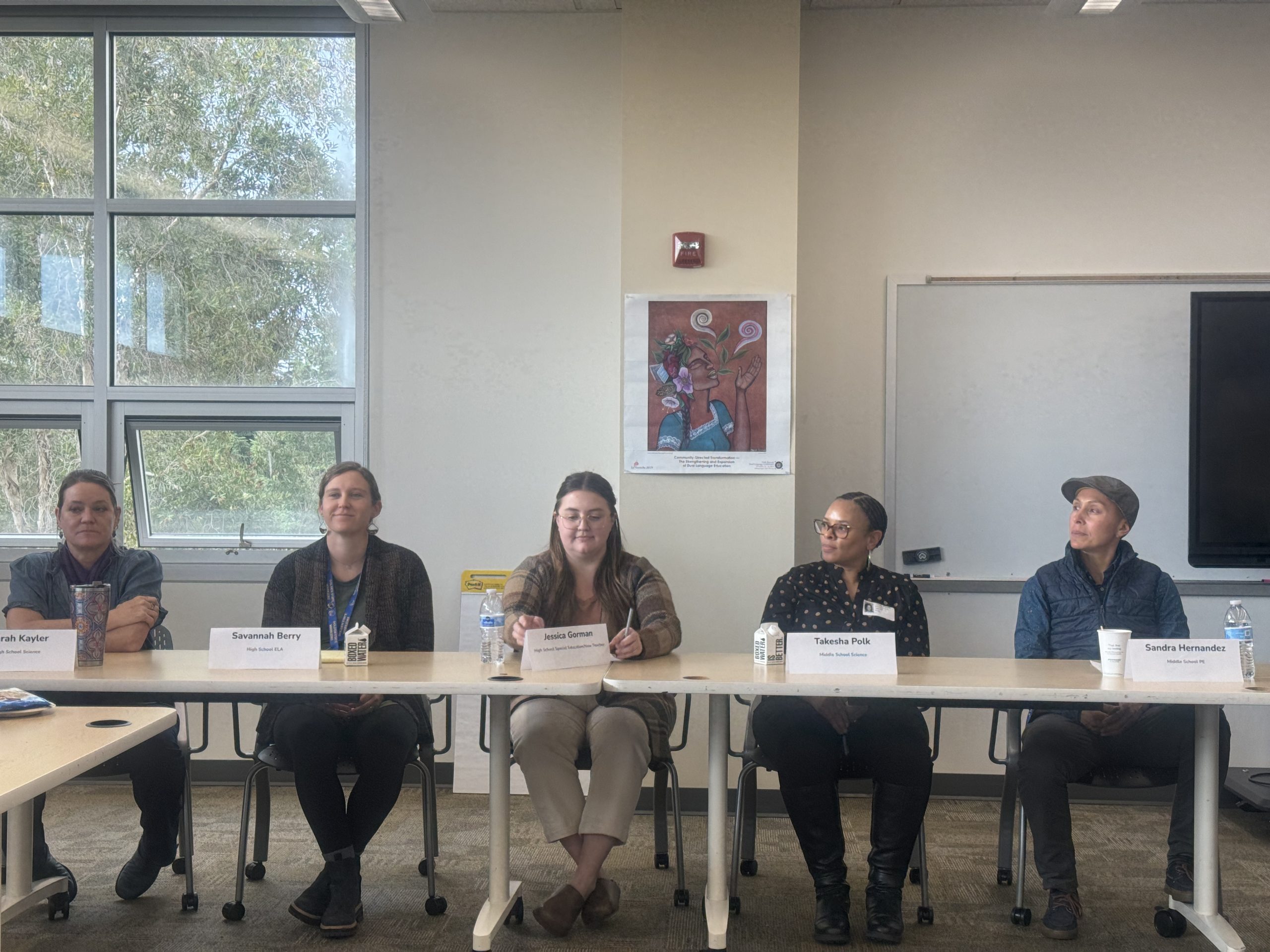Transforming Grading for Every Student's Success
Grades are a crucial part of schools, and when grades are inaccurate or reflect bias, it negatively affects a student’s day-to-day learning, along with their relationship to school and their self concept. And because grades are used to make high-stakes decisions about students–graduation, course placement, scholarships, college admission–grades are primary indicators of the achievement gap in schools, and even a forecast and driver of larger societal disparities.
That means that if we want to truly increase educational opportunities for all students and disrupt persistent cycles of achievement disparities, we need to examine our traditional grading practices and make them more equitable–more accurate, bias-resistant, and motivational.

Powerful Learning for Educators
We believe that school and district leaders are looking for opportunities to support and empower their teachers, particularly with something as important as grading. And we believe deeply that education professionals are just that–professionals–and are looking for opportunities to learn and grow so they can be more effective with every student they serve.
This is why we respect, and expect, our participants to be reflective thinkers who want to grapple with the hard questions, explore new possibilities to improve their work, and integrate new practices and approaches into their classrooms and schools.
Our facilitators and coaches provide teachers and leaders with new information, facilitate a collaborative dialogue, structure a space to explore and “try on” new ideas, and help them reflect and grow–the very same learning experiences we want educators to provide for their students.
One participant described their learning with us as “the most authentic collaborative learning experience I’ve had.“
Research-Driven Practices
Crescendo Education Group utilizes an inquiry-based approach in which teachers work together to explore different grading practices embedded directly in the day-to-day contexts of their classrooms.
Teachers explore the history of grading and how educators in this country have inherited a 100-year-old system that contradicts current research and actually undermines effective teaching and learning and perpetuates achievement disparities.
Teachers learn about grading and assessment practices that have been proven to be more accurate and fair. These include what grading should not include–such as extra credit and student behavior–and what grading should include, like transparent rubrics and proficiency scales.
Teachers are prepared to implement equitable grading in their classroom. They create a hypothesis, collect data about the effects, analyze their results, and plan future implementation..
In every workshop, teachers share their research and data with colleagues, and together they make meaning of the data and consider how the practices could be refined and more effectively implemented across classrooms..
We repeat this cycle–learning new information, trying new practices, sharing results–throughout the workshop series. By learning from and with each other, teachers build a collective understanding of how improved grading and assessment benefit their students in their unique contexts.
Transformational Professional Development
Results of teachers who have participated in our professional development:
- Fewer students fail classes with a simultaneous reduction in grade inflation, because students are no longer rewarded or penalized for compliance, non-academic behaviors, or perceived “effort.”
- Students feel more ownership and efficacy–that if they work hard, they can succeed and shift focus away from a “points” mentality.
- Students have greater trust in the teacher that they will receive a grade that accurately and fairly reflects what they know.
We’ve surveyed teachers about their experiences with our approach to equitable grading.
Would highly recommend Grading for Equity PD to other teachers
Report positive experiences with Grading for Equity coaching
Report that Grading for Equity PD had a higher impact vs. other PD experiences
Report that Grading for Equity improved their relationship with students

This has pushed me and all of the teachers to be more equitable and transparent. Students at the same school should be able to have the same grading system, be able to understand that grading system, and know exactly how it supports learning.

When I tried out new grading strategies, my students saw that it was never too late to succeed, and there were fewer failing grades. [But also] I had fewer A’s because procedural compliance and homework completion no longer inflated grades.

The biggest surprise for me is that by implementing equitable practices, I have a larger buy-in with the content from students. They are now willing participants in class and are not just going through the motions.

I expected students to say it is unfair that my grade is 100% on quizzes, but so many students said that they love the ability to improve their grade through the retakes. I was really surprised by that and It is a positive change! I feel like now a student’s grade reflects so much more of what they know.
Ready to improve grading?
Unlock the potential of your school or district with our collaborative approach to delivering powerful learning experiences for teachers and improving grading practices for student success.
